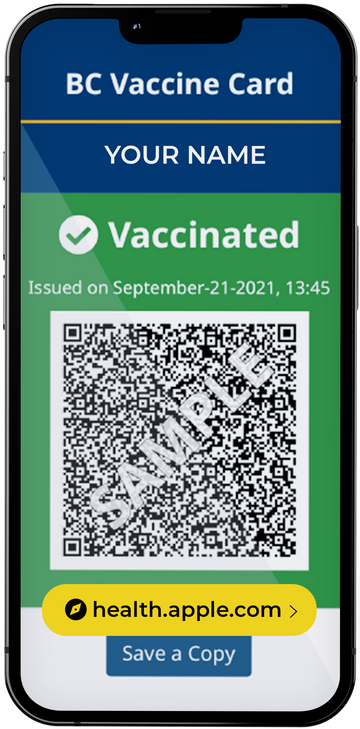Facebook has been in the news a lot lately for very negative reasons. Last month, whistleblower information revealed that the personally identifiable information of up to 87 million Facebook users had been used by Cambridge Analytica to influence voter opinion. Although it’s Cambridge Analytica who illicitly harvested the data, Facebook is being slammed for failing to protect its users’ information. If fears about the security of your private information have you rethinking your use of Facebook, here are some alternative social media platforms you may want to try:
- Diaspora
Diaspora was created in 2010 as a direct alternative to the centralized corporate mega-giant Facebook was becoming. Diaspora is based on three principles: decentralization, freedom and privacy. The platform is actually comprised of many different networks, called pods, created by the users themselves using Diaspora’s free software. To join Diaspora, you can either create a new pod or just join an open one. There’s no centralized server, no for-profit provider and no ads. Best of all, users retain ownership of their data.
- Vero
A subscription service, Vero’s main selling points are that it’s ad free and doesn’t sort your timeline using algorithms. Vero’s been around since 2015 but has recently really taken off, jumping from only 200k to over 3 million users thanks in large part to a limited-time offer of free membership for life. In fact, the campaign was so successful that as of April 2018 it’s been extended indefinitely. However, the service does plan to return to paid subscriptions at some point. Vero’s also only available in app form and requires using your phone number to sign up.
- Path
Created in part by a former Facebook executive but later acquired by a company in South Korea, Path was originally designed to help users focus on quality communication with a small group of close connections instead of trying to maximize their number of “friends.” The limit of only 50, then 150 contacts has since been removed. Nevertheless, Path is still considered a more intimate social networking alternative. Unfortunately, however, Path has had some Facebook-like problems with data protection in the past. It’s also entirely app-based, which isn’t to some peoples’ taste.
-
Ello
Ello markets itself as an ad-free Facebook alternative and promises to never sell its users’ data. It hasn’t reached the mainstream but gained significant interest in 2014 when Facebook enforced its real-name policy. With a minimalistic design and focus on content, Ello is a particularly attractive alternative for artists, photographers and other creatively-minded individuals. However, it lacks a private user-to-user chat function and some other handy Facebook features. -
MeWe
Launched in 2016, MeWe is fairly new to the social networking scene. With the hashtag #Not4Sale, MeWe is a Facebook-like clone but with greater data security. With many of the same features as Facebook, the biggest user complaint at present seems to be the lack of other members. -
Minds
Minds is a somewhat anti-establishment Facebook clone. The network is free-speech oriented with no censorship. New users can take advantage of the “migrate from Facebook” function. Saavy users can also generate income via their social networking by getting monthly support for monetized posts and/or ad sharing. -
NextDoor
If you’re more interested in connecting with your local community than in building a global web of contacts, Nextdoor would be a great social network to join. Unfortunately, it’s not available in Canada yet. -
Niche Networks
For people interested in career and/or hobby related social networking, there are also many niche social networks out there. Musical.ly is a spot for music fanatics, Digg is a feed for news junkies and DeviantArt is a forum for artists and art lovers, to name a few. Other niche networks are age-targeted. Snabbo a.k.a Social Network Allowing Baby Boomers Only is pretty self-explanatory. Parents might want to check out Lego Life. It’s an Instagram-styled app for children under 13, designed to prepare them for real social networking as they grow older.
That’s all from us for this week. Whatever social network you choose, you should always be wary of how your personal data could be used. Be cautious about what sort of information you make available, and if you’re unsure, it’s always best to leave sensitive info away form your online social profiles. Stay tuned for more helpful tips and tricks from the Simply blog!
By Danica Wong, May 2018




